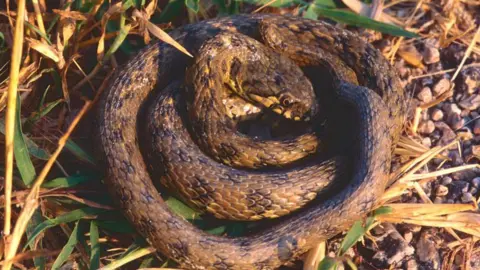 Getty Images
Getty ImagesFrogs, lizards, snakes, spiders and other insect pests are being transported across the world on cut flowers and potted plants, with the potential to harm nature, according to scientists.
These “hitchhiking intruders” have included a tree frog that emerged from roses at a florist’s shop in Sheffield and snakes discovered in ornamental olive trees shipped across mainland Europe.
The shipments could also contain invasive pests capable of causing severe damage to crops and the countryside, say researchers at the University of Cambridge.
With the global market for plants, bulbs and cut flowers expanding rapidly, they say improved standards are urgently needed.
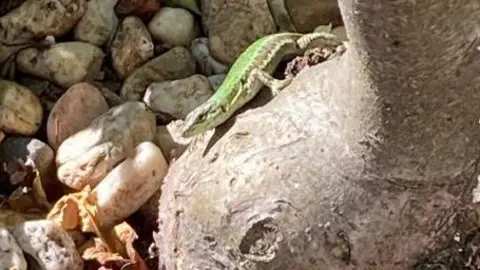 Els Fransen Ravon
Els Fransen Ravon“Adult snakes and lizards are just the tip of the iceberg,” said Prof William Sutherland, of the University of Cambridge. “If they’re getting through, what’s the chance of us spotting small insects and fungi – the things that really cause the problems?”
The production of ornamental plants is growing fast and expanding geographically, particularly in East Africa and South America.
While regulations and border checks are in place, the sheer volume of cut flowers and ornamental plants being traded at speed makes it extremely difficult to intercept all the pests and diseases they carry, said Dr Silviu Petrovan of the University of Cambridge.
“Even with the best of intentions, unwanted hitchhikers are getting through customs import checks all the time,” he said.
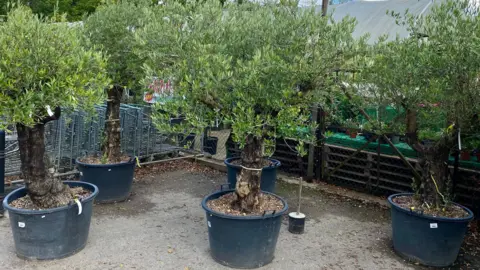 University of Cambridge
University of CambridgeThe reptile expert was once called in to identify a live frog at a florist’s in Sheffield.
He thought it was a prank, but was stunned to find it was a tree-frog that had arrived with roses from Colombia via Ecuador.
Frogs, lizards and insects pests are the main stowaways detected in the UK.
Across mainland Europe, a number of exotic reptiles and amphibians have been accidentally discovered, particularly in potted olive trees:
- Lizards, such as geckos, and several species of continental European snakes
- A large number of insect pests.
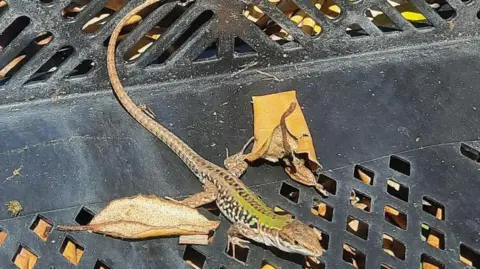 Felix Verschoor Ravon
Felix Verschoor RavonIn the research, published in the journal Bioscience, the team analysed records of pests found in ornamental plants at customs in The Netherlands over 2017-2018, and reported to the Department for Environment, Food and Rural Affairs in the UK over 2021-2023.
They are calling for improved production standards and for data on specific risks from trade to be collected and shared.
Follow Helen on Bluesky.





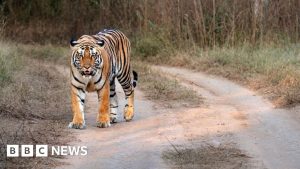








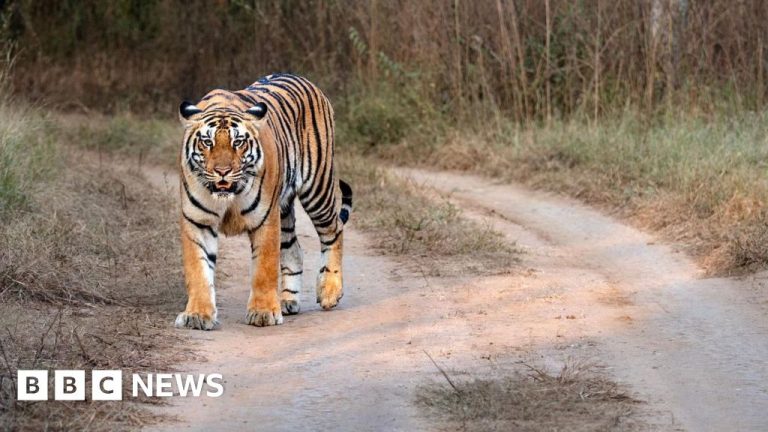

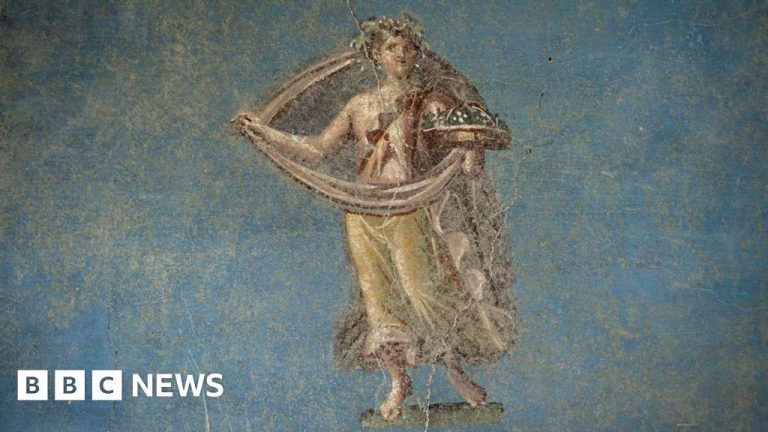








+ There are no comments
Add yours